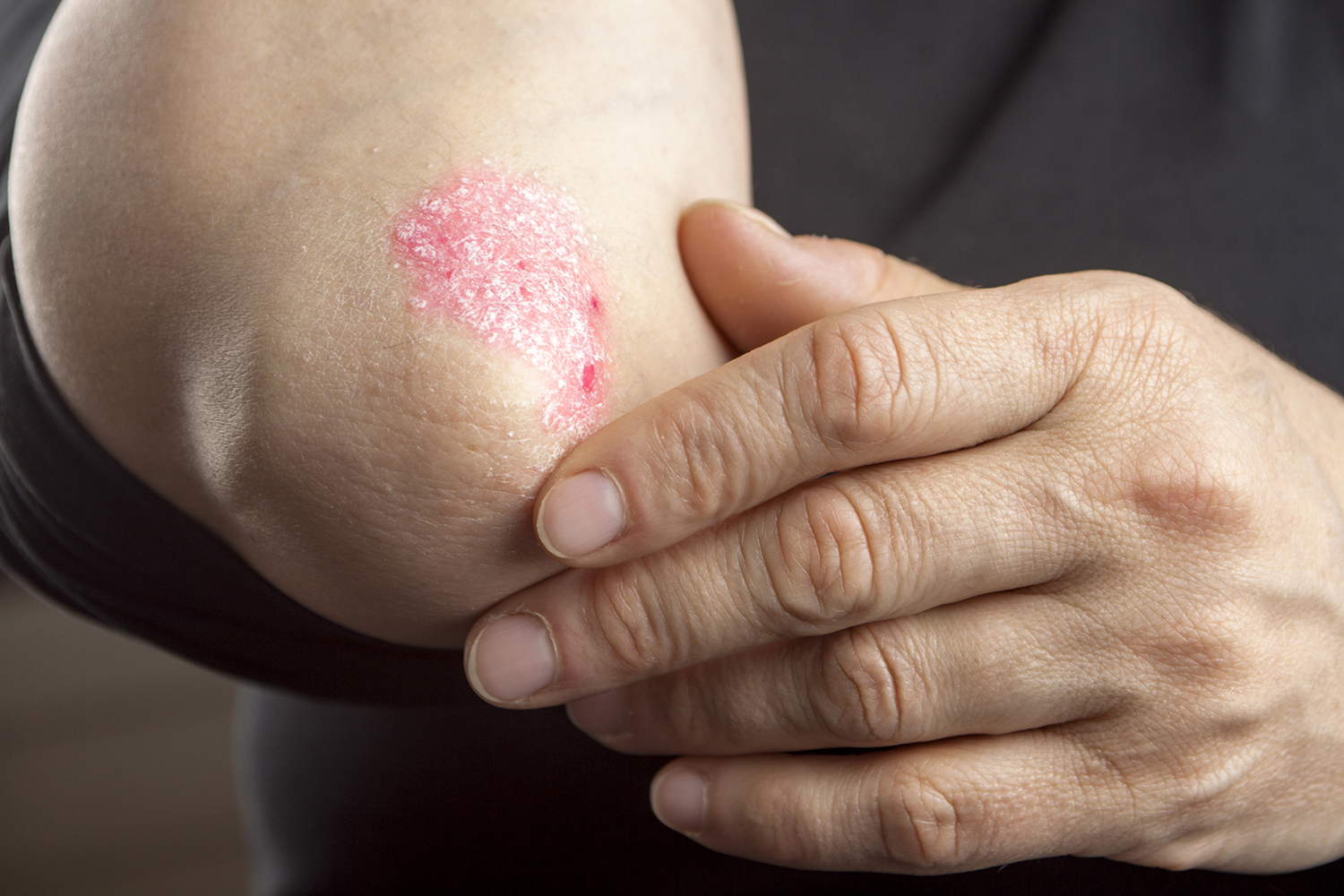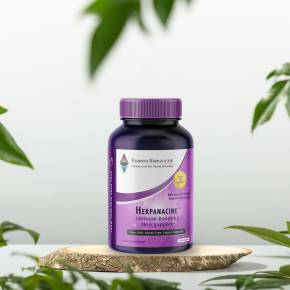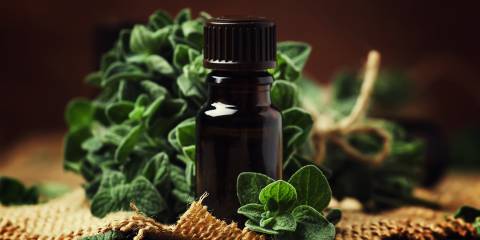Although the body’s immune system is most often associated with its role in preventing systemic illnesses, the skin contains a vast network of immune cells that aid its restoration and repair.
Certain nutrients that support whole-body immunity may also help ease the itching, soreness, and inflammation associated with painful skin conditions like acne, psoriasis, and cold sores.
Nutrients for Skin Health and Immunity
-
Antioxidant Vitamins & Minerals
Nutrients with antioxidant properties are the first line of defense against skin ailments.
By helping control inflammation, antioxidants give the skin a chance to recover from damage caused by infections, UV exposure, and free radicals.
-
Vitamin A
Beta-carotene is a plant pigment—found in yellow and orange fruits and vegetables—that is converted to vitamin A in the body.
Vitamin A supports skin cell turnover and wound healing. It may be useful for treating acne and psoriasis, as well as other skin conditions, including warts and sun damage.
Topical use of vitamin A may help reduce the appearance of fine lines and wrinkles.
-
Vitamin E
The most abundant fat-soluble antioxidant found in the skin, vitamin E helps prevent skin damage caused by free radicals and UV exposure, especially when used in combination with vitamin C.
Vitamin E also has anti-inflammatory effects that aid wound healing and may help treat chronic inflammatory skin conditions like psoriasis, dermatitis, and acne.
-
Selenium
A trace mineral, selenium helps the body make proteins and enzymes which protect against cell damage and inflammation.
Selenium also supports healthy immune function and boosts hair and nail health.
Insufficient intake of selenium has been linked to inflammatory skin diseases like dermatitis and psoriasis.
-
Zinc
Another trace element, zinc has a long history of use for the management of skin diseases.
Zinc deficiency has been linked to a host of inflammatory skin complaints, including acne, rosacea, and dermatitis.
Zinc may also be effective in helping treat viral warts, genital herpes, ulcers, and other types of wounds on the skin.
-
-
Amino Acids
-
Lysine
Lysine is an essential amino acid, which means the body cannot produce it on its own and must get it from food or supplements.
Like other amino acids, lysine helps the body make protein.
Lysine may have additional skin health benefits, including antiviral properties that may help prevent and treat cold sores caused by the herpes simplex virus (HSV).
Collagen Formation
Lysine also supports collagen formation.
Collagen is a type of protein that occurs naturally in the skin and gives it elasticity, but it decreases with aging, leading to sagging skin and wrinkles.
Adequate lysine intake may help to slow the signs of aging in the skin.
-
-
Herbs
Several immunity-boosting botanical remedies may also support skin health.
-
Astragalus
With a long history of use in protecting against colds and other respiratory infections, astragalus also has important antibacterial and anti-inflammatory properties that may aid wound healing and protect skin cells from damage.
-
Dandelion
The leaves and roots of the dandelion plant (Taraxacum mongolicum) have anti-allergic, antioxidant, and anti-inflammatory properties that offer potential skin care benefits.
Due to its ability to inhibit tyrosinase, an enzyme that helps bring pigment to the skin’s surface, dandelion may be useful for reducing the appearance of acne scars and age spots.
-
Echinacea
An immunity superstar, echinacea may help soothe a host of irritating skin conditions, including eczema and acne.
One recent study found that echinacea, in combination with probiotics and other botanical extracts, significantly improved the number of superficial lesions in a group with mild to moderate inflammatory acne.
-
Ligustrum
A member of the olive family, ligustrum (Ligustrum lucidum) has traditionally been used to nourish skin and ease skin ailments.
Emerging research suggests it may be particularly beneficial for inflammatory skin diseases like psoriasis.
-
Precautions
Although medicinal herbs and dietary supplements are generally considered safe, they may interact with each other and/or other medications.
Always consult with your healthcare practitioner before adding any new herbs or supplements to your regimen.






